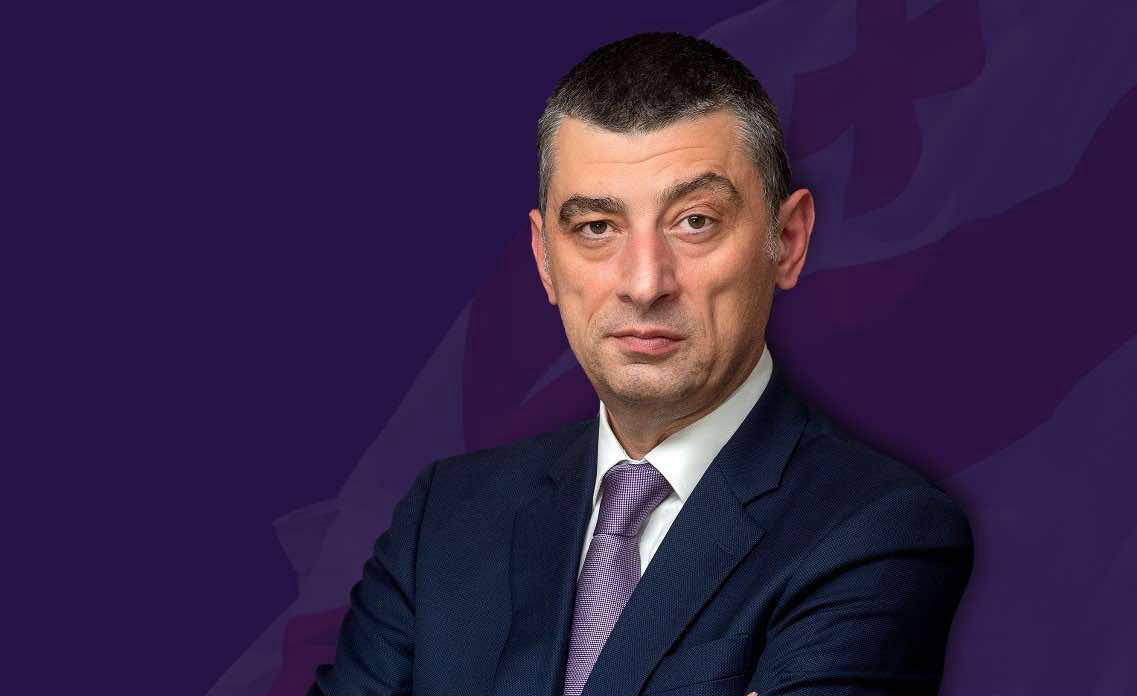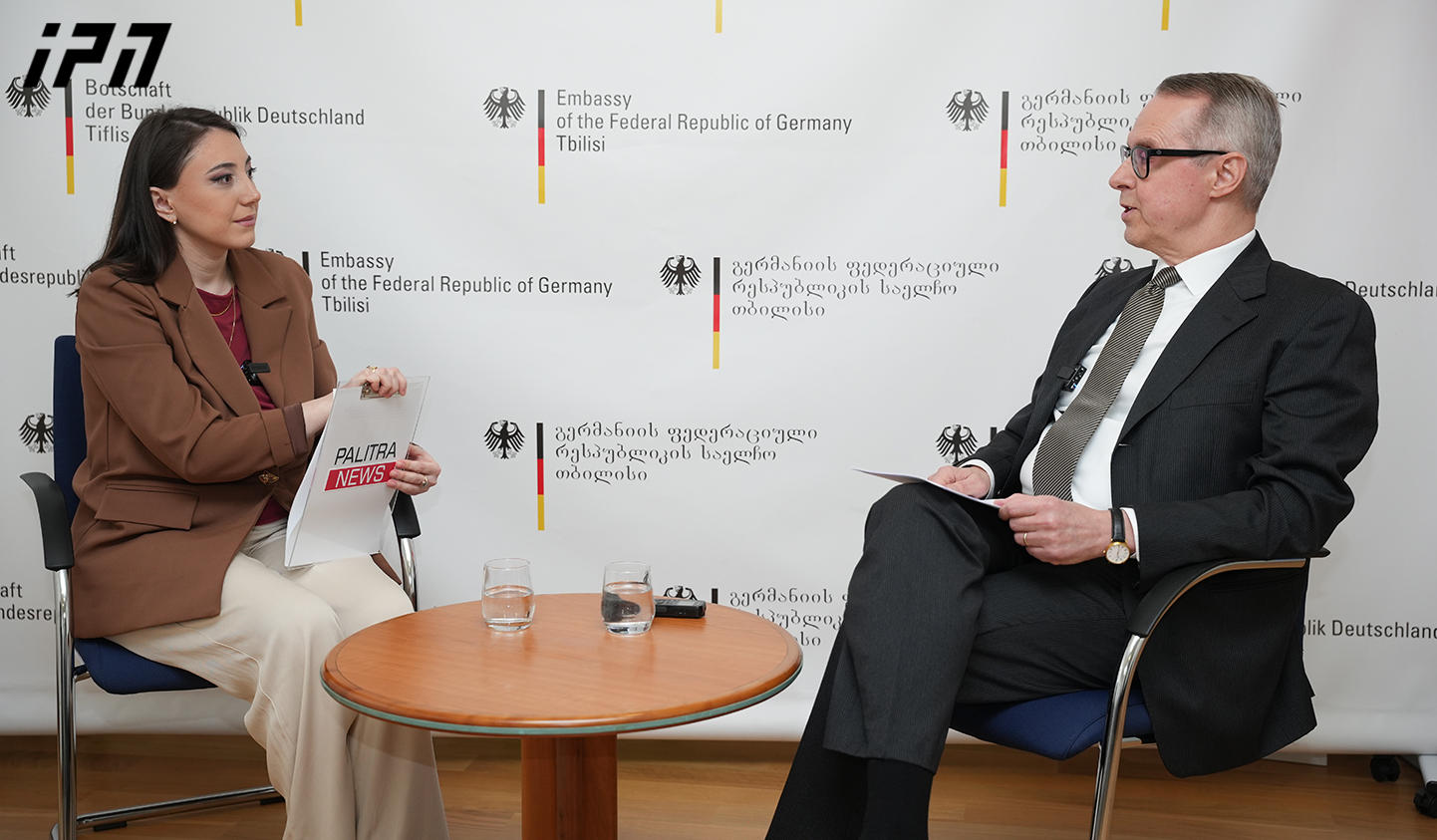Giorgi Gakharia: If the EU questions the government’s legitimacy, and conditions freeing political prisoners, and holding new elections, it can pressure the regime while preserving future progress

If the EU maintains Georgia’s candidate status, questions the government’s legitimacy, and conditions engagement on democratic reforms, freeing political prisoners, and holding new elections, it can pressure the regime while preserving future progress, - the leader of the Gakharia for Georgia party, Giorgi Gakharia, said in an interview with Caucasus Watch.
As Gakharia noted, despite anti-European propaganda, the majority of the Georgian population perceives integration with the EU as a national aspiration that unites all layers of society.
“GD perceives European integration as a threat to its power, as it demands transparency, power-sharing, and inclusivity—challenges to an increasingly autocratic elite.
GD’s alignment with Hungary’s Fidesz and Viktor Orbán is both paradoxical and calculated. It adopts Orbán’s anti-democratic methods and narratives while maintaining superficial Western engagement to preserve a façade of European commitment. This dual strategy misleads domestic and international audiences, claiming European credentials while undermining democratic values and Euro-Atlantic integration”, he said.
In the interview, he also spoke about the Russian-Ukrainian war and noted that the Georgian Dream party has no real interest in a just end to the Ukrainian war.
“Its populist messaging and conspiracy-laden narratives mirror Russian disinformation, blaming the West for Russia’s invasion and accusing allies of pressuring Georgia to open a second front.
This is not realism but an immoral and irresponsible stance. Given our region’s volatility, Georgia must strengthen cooperation with Western allies, particularly in defense and security.
Georgia faces the constant threat of renewed conflict. We must reinforce strategic ties with Western partners, who have supported us in crises and remain the only credible guarantors of security and sustainable development. Loyalty to Moscow undermines Georgian sovereignty, alienates allies, and jeopardangers our democratic future.
The regime maintains access to Western markets despite criticizing democratic backsliding. This enhances Georgia’s appeal for unregulated capital. This dual strategy—autocracy at home, open financial channels abroad—sustains the current power structure.
I am unequivocally committed to Georgia’s European future. Despite anti-European propaganda, most Georgians view integration as a national aspiration, uniting diverse societal segments. GD’s transactional approach to the EU presents both a challenge and an opportunity. If the EU maintains Georgia’s candidate status, questions the government’s legitimacy, and conditions engagement on democratic reforms, freeing political prisoners, and holding new elections, it can pressure the regime while preserving future progress”, he said.
